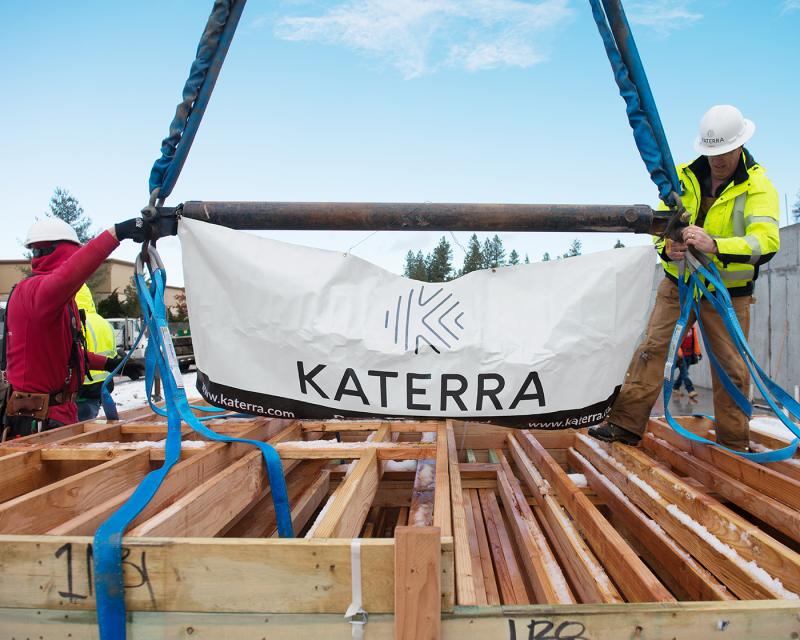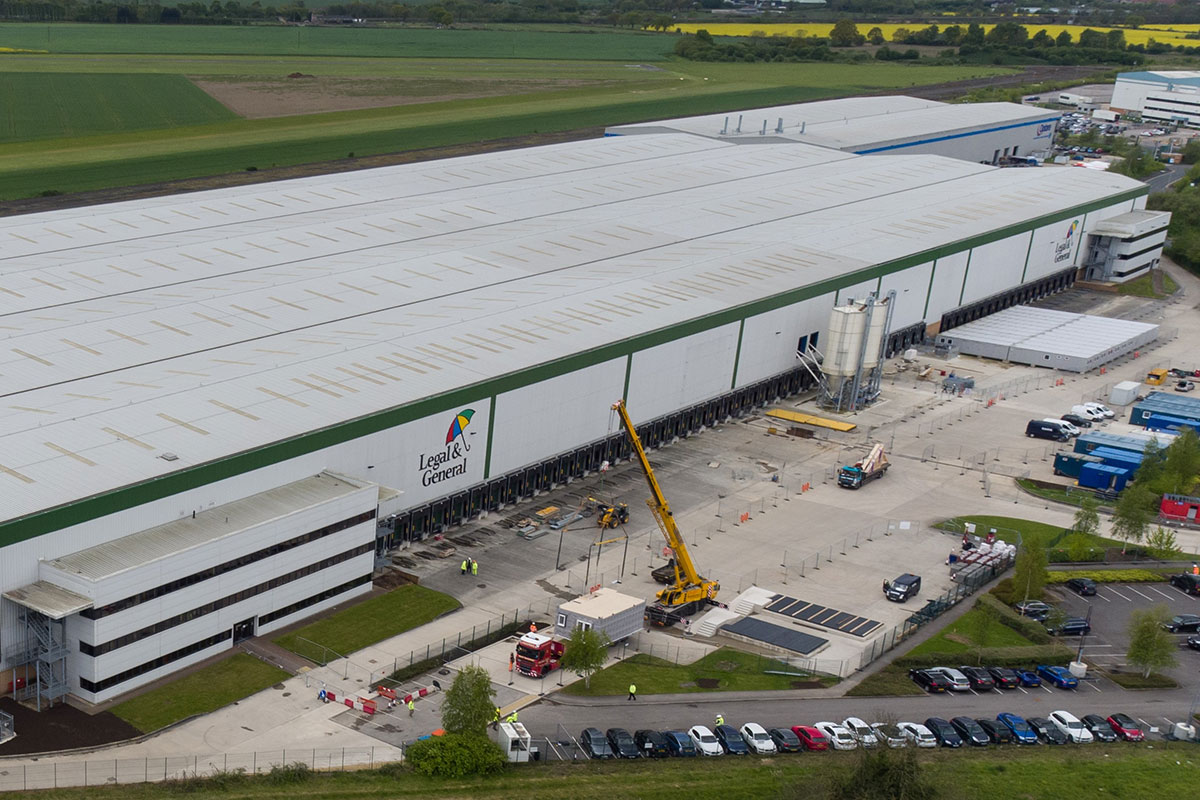By Gary Fleisher
Modular housing promises efficiency and speed. However, its market share remains surprisingly stagnant. This stagnation can be attributed to several key factors, which also explain why numerous startups in this field struggle to survive.

Every one of these challenges is easy to remove if done in the planning stages but can be disastrous if left uncorrected until they show up in the later stages.
Limited Knowledge of New Owners and Investors
One of the primary obstacles is the lack of experience and knowledge among new owners and investors. Starting a modular factory requires a deep understanding of the nuances of modular construction, which differs significantly from traditional construction methods. This knowledge gap often leads to strategic and operational missteps, hindering the growth and sustainability of the business.
Neglecting to Hire Experienced Modular Industry Consultants
Embarking on the journey of building a modular factory without engaging consultants who are well-versed in modular production and factory design can be another costly misstep, potentially leading to losses in the millions. Modular construction stands apart from other types of production, demanding specific expertise that only seasoned professionals in the modular industry can provide.
Overdependence on Automation and Robotics
Many startups in modular construction heavily invest in automation and robotics. While these technologies can enhance efficiency, the initial cost and ongoing maintenance can be prohibitively expensive for new companies. This overreliance, especially during the startup phase, can strain financial resources, leading to a precarious financial position.
The Issue of Overproduction
To impress investors and customers, some modular housing companies engage in overproduction. This strategy not only leads to unnecessary resource allocation but also reflects a lack of understanding of market demand and efficient production practices. Overproduction can quickly lead to financial strain, making it difficult for startups to sustain operations.
Inexperienced Sales Teams
The success of any construction business heavily relies on its sales force. Unfortunately, some modular housing companies either lack a dedicated sales team or employ individuals inexperienced in modular construction. This inexperience can lead to ineffective marketing strategies and a failure to connect with the right customer base.
Continuous Financial Dependence on Investors
Regularly seeking additional funding from investors is a red flag for any business. For modular housing startups, continual reliance on external financial support indicates an unsustainable business model and a lack of financial planning and independence.
Transportation and Delivery Challenges
Many factory managers and owners in the modular housing sector lack hands-on experience with the logistics of transportation, delivery, and set-up. These aspects are crucial in modular construction, and a lack of expertise can lead to significant delays and additional costs, compromising the efficiency that modular housing promises.
Inadequate Knowledge of On-Site Requirements
Another challenge is the insufficient understanding of on-site requirements for setting up modular homes and projects. This includes a lack of knowledge about the preparation needed on the customer’s or developer’s lot, which can lead to setbacks and increased costs during the installation phase.
Absence of Factory Set Crews
The absence of dedicated factory set crews is a significant hindrance. These crews are essential for the efficient and safe installation of modular units. Their absence can result in delays and increased reliance on external contractors, leading to escalated costs and potential quality issues.
Misunderstanding of Modular Production
Finally, many startups fail to grasp the unique aspects of modular production, scheduling, and accounting methods. These elements are critical to the successful operation of a modular housing business. A lack of understanding in these areas can lead to operational inefficiencies and financial mismanagement.
While modular presents a promising future for the construction industry, these challenges need to be addressed for it to realize its full potential. Startups in this sector must focus on building expertise, understanding the unique aspects of modular construction, and developing sustainable business practices to succeed in this innovative yet demanding market.
CLICK HERE TO READ THE JANUARY ISSUE
.
Gary Fleisher is a renowned blogger and commentator on construction and housing trends, known for his insightful analysis of the industry.












